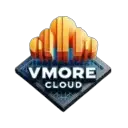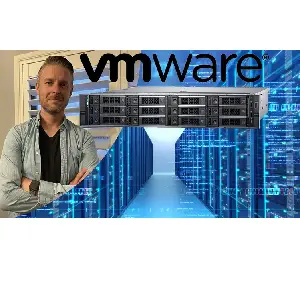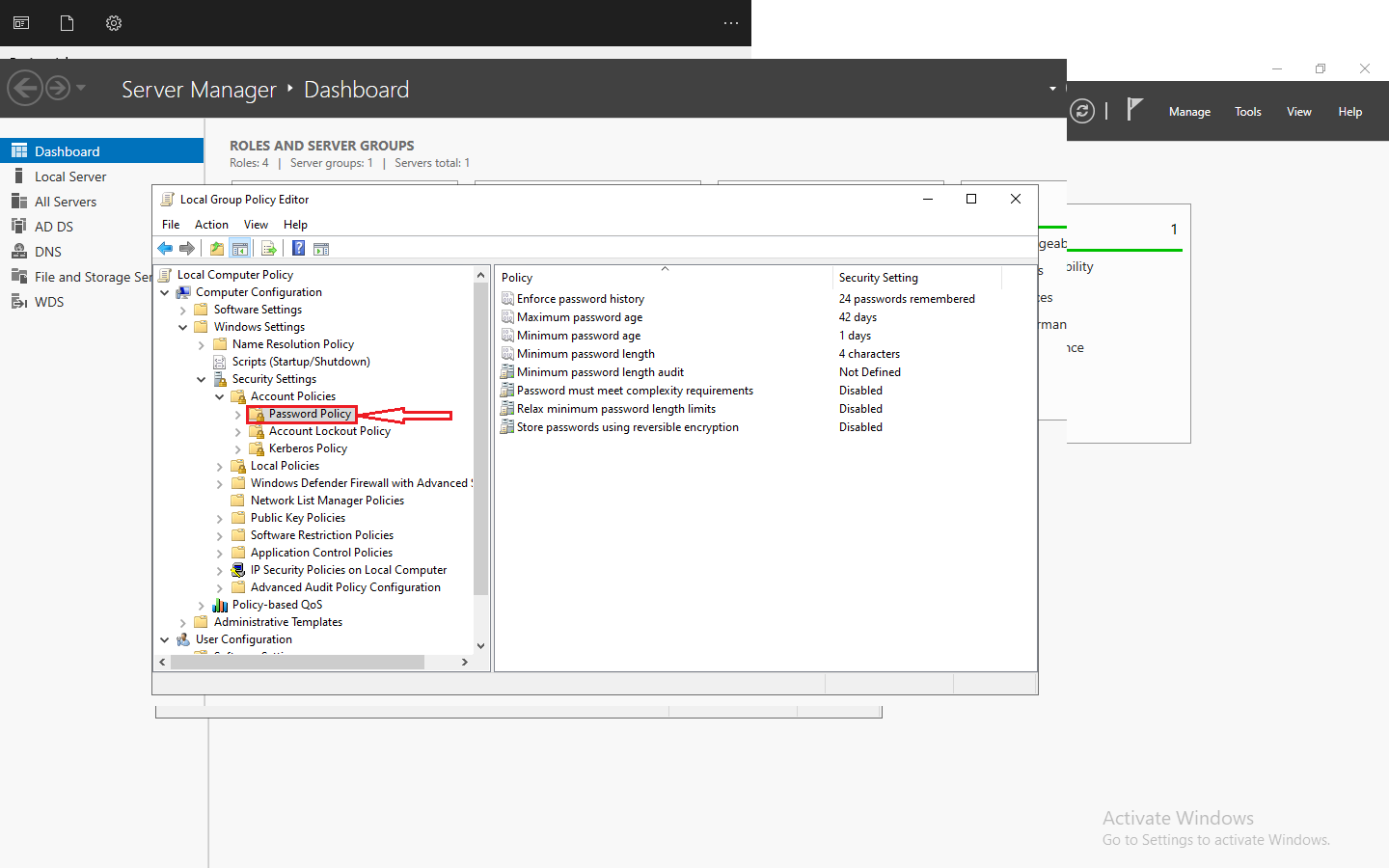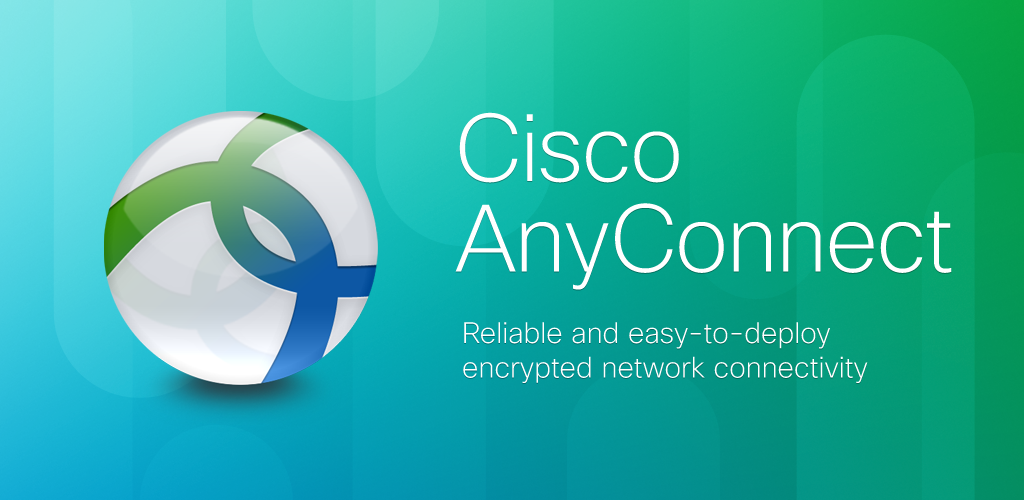Introduction
HCI solutions provide a single instance that runs on server hardware to deliver computing, storage, networking, and cloud management. Originally, HCI software was used in place of expensive and complex storage arrays in VMware environments. These tools, previously known as hyperconverged integrated systems (HCIS), were primarily sold as appliances by a single hardware provider. However, as the industry has progressed, a differentiation has emerged between HCIS and HCI.
Each HCI solution consists of a distinct range of abilities, such as virtual computing, storage, and networking, utilizing a scale-out, shared-nothing design. Furthermore, HCI software provides unified management, local DAS in every node, high availability, data services, and a selection of server and network hardware. Certain features may be activated by hypervisors, management utilities, and networking, or through a storage platform integrated with third-party software vendors to complete the software package. In addition, a few HCI providers now offer cloud-based services.
Choosing the right hyperconverged infrastructure provider can be a challenging undertaking, but we are here to assist you. This is why created a list of the top 14 hyperconverged infrastructure vendors for your consideration when searching for a new platform.
Table of Contents
Top Hyperconverged Infrastructure Solutions
Cisco
The hardware, software, and services provided by Cisco are designed for convenient access to information at any location and time. Their hyperconverged infrastructure tools revolve around the HyperFlex product line and come in various configurations, including HyperFlex Hybrid Nodes for handling general-purpose workloads. Additionally, Cisco offers the HX220c M5, HX240c M5, and a larger version of the HX240c. The HyperFlex platform is also enriched with Intersight, a cloud-based SaaS solution that offers proactive problem-solving, predictive failure analysis, and remote management and deployment for HyperFlex Edge.
Datacore
At DataCore Software, their main focus is on storage virtualization, management, and networking. Their services allow for storage virtualization, increasing storage capacity, improving data access, and streamlining storage administration for various operating systems including Windows, UNIX, Linux, macOS, and Netware. Their DataCore SANsymphony platform is primarily utilized for critical IT operations, core tasks, and in edge cases. Recently, the company has introduced integration with backup software and enhancements to their predictive analytics solution, DataCore Insight Services. Additionally, DataCore also integrates hyperconverged storage with storage area networks (SANs) and servers and offers independent scaling of compute and storage resources.
DELL EMC
Dell EMC facilitates the process of digital transformation by offering hybrid cloud and big data solutions that utilize a data center infrastructure. This infrastructure integrates converged infrastructure, servers, storage, and cybersecurity technologies. The company’s VxRail appliances are powered by VMware’s Virtual Storage Area Network (vSAN) technology. Additionally, Dell EMC offers a VMware Cloud Foundation that serves as a turnkey platform for hybrid cloud operations using Kubernetes on a large scale. They also provide HCI software for organizations that primarily use Microsoft technologies, along with a Microsoft Azure Stack HCI system.
HPE
Hewlett Packard Enterprise (HPE) is a company that specializes in industrial technology, offering a variety of services such as cloud, data centers, and workplace applications. Their unique offering, the Nimble disaggregated HCI (dHCI) platform, sets them apart from other HCI competitors. This platform allows IT professionals to independently scale storage and compute resources, preventing unnecessary spending for their businesses. It is particularly suitable for organizations with unpredictable data growth, as well as those that require high levels of data resiliency or storage performance.
Microsoft
Microsoft is a globally operating corporation that creates, produces, distributes, supports, and markets a wide range of software services and products. The company provides enterprise solutions through Microsoft Azure, including virtual machines, cloud storage, application services, and cloud backups. Microsoft’s Azure Stack HCI platform integrates on-premises and edge services with the Azure Cloud. This platform is available as a subscription-based, cloud-managed service and is based on the same version of Hyper-V and HCI stack used in the Azure Cloud. Additionally, it offers unified management with the Azure Cloud Platform and the option to utilize Azure cloud services.
Netapp
NetApp is a provider of storage, cloud computing, information technology, and data management solutions. They offer both on-premises storage infrastructure as well as specialized hybrid cloud data services that help with managing applications and data across both cloud and on-premises environments, ultimately speeding up the process of digital transformation. NetApp’s hybrid cloud is built on a foundation of hyperconverged infrastructure, and while there are various hardware options that could be used for the on-premises component, NetApp HCI allows for seamless management across multiple cloud platforms.
Nutanix
Nutanix offers a range of cloud software, compute and storage infrastructure, and solutions for implementing enterprise virtualization. Their hyperconverged infrastructure eliminates the need for complex and expensive network storage such as SAN or NAS. The company’s HCI software and services are available through Nutanix Clusters, which provide a unified console for managing hybrid cloud infrastructure. The platform also supports various hypervisors and offers integrated storage services, database management, application life cycle management, micro segmentation, backup, and disaster recovery services. Recently, Bain Capital Private Equity invested $750 million in Nutanix.
Pivot3
Pivot3 specializes in providing Dynamic Hyperconverged and PCIe Flash Arrays, along with hybrid cloud and Internet of Things (IoT) solutions, to facilitate efficient use of resources. Their offerings are designed to optimize server virtualization, virtual desktops, data center consolidation, video surveillance, business continuity, disaster recovery, as well as remote and branch office operations. Pivot3’s Acuity, their HCI platform, is specifically developed for managing mission-critical, high-volume, video-based tasks. The vendor’s Intelligence Engine also includes features such as automation, AI technology, auto-healing, speedy node rebuilds, intelligent monitoring, and analytics to cater to the data protection and system availability requirements of large-scale HCI deployments.
Sangfor
Sangfor Technologies offers solutions for IT infrastructure, with a focus on cloud computing, network security, and network optimization. The company’s HCI software platform is designed to modernize data centers, support enterprise applications, facilitate cloud adoption, enable virtual desktop infrastructure (VDI), and provide backup and disaster recovery services. Sangfor has its own hypervisor, which allows for a secure and managed environment for small and medium-sized businesses. The company also takes a vertical-market approach, establishing partnerships with independent software vendors and gaining expertise in specific regulations to cater to the unique needs of government, healthcare, manufacturing, and education sectors.
Scale Computing
Scale Computing offers hyperconvergence solutions tailored for medium-sized businesses. Their HyperCore3 (HC3) platform combines servers, virtualization, and storage into a single, highly scalable solution. Typically utilized as either an edge infrastructure or virtualization platform, HC3 sets itself apart with its self-healing capabilities. It can automatically identify and resolve issues without human intervention. Furthermore, the product is designed to be a comprehensive solution, often referred to as a “data center in a box.” Recently, Scale Computing has expanded its support for server hardware OEMs, introduced the HE150 as a cost-effective edge solution, and unveiled integrated VDI and resilience solutions.
Starwind
StarWind provides platforms for hyperconvergence and storage virtualization. The company offers both hyperconverged appliances and software-only or storage appliance options for their solution, making it suitable for any data center environment. Their StarWind HyperConverged Appliance (HCA) is primarily designed for edge and mission-critical scenarios in distributed data centers. In addition, StarWind has recently incorporated all-flash nodes, NVMe-oF over TCP, and AI features through their ProActive Premium Support.
StorMagic
With a focus on enterprises operating across numerous sites, StorMagic provides effective solutions for storage and security. Their SvSAN platform is tailored towards distributed data centers and caters specifically to edge and mission-critical use cases. SvSAN seamlessly integrates with existing virtualized environments, simplifies deployment and management processes, and enables the creation of compact hyperconverged clusters. StorMagic is also included in the HPE Complete program, serving as a substitute for HPE StoreVirtual software. Furthermore, the company has recently introduced new features such as multi-site deployment, subscription-based pricing, cloud-based Witness as a Service, and Key Management as a Service.
Stratoscale
Stratoscale is a company that specializes in cloud infrastructure and provides comprehensive software solutions for enterprise IT, development teams, and service providers. Their HCI platform, powered by the KVM hypervisor, caters to businesses aiming to establish public, private, or hybrid clouds. It offers support for various storage architectures such as block, file, and object, and allows for the use of external storage arrays, which sets it apart from other HCI platforms. Stratoscale’s management tools are primarily designed for cloud usage, and its orchestration capabilities enable administrators to adjust application capacity by adding or removing instances based on workload fluctuations.
VMware
VMware provides a range of services for cloud and virtualization, supporting intricate digital infrastructure. One of its main offerings, VMware vSAN, serves as a software platform for HCI and is part of a comprehensive portfolio that includes managing virtual applications on-prem, at the edge, and in the cloud. This HCI solution from VMware combines the vSphere hypervisor, vSAN, NSX, and vRealize Suite. Additionally, the company has expanded its HCI as a Service option to include AWS and IBM Cloud, allowing users to utilize VMware HCI on six of the largest hyper-scale environments.
Click here to download VMware Esxi











